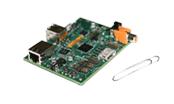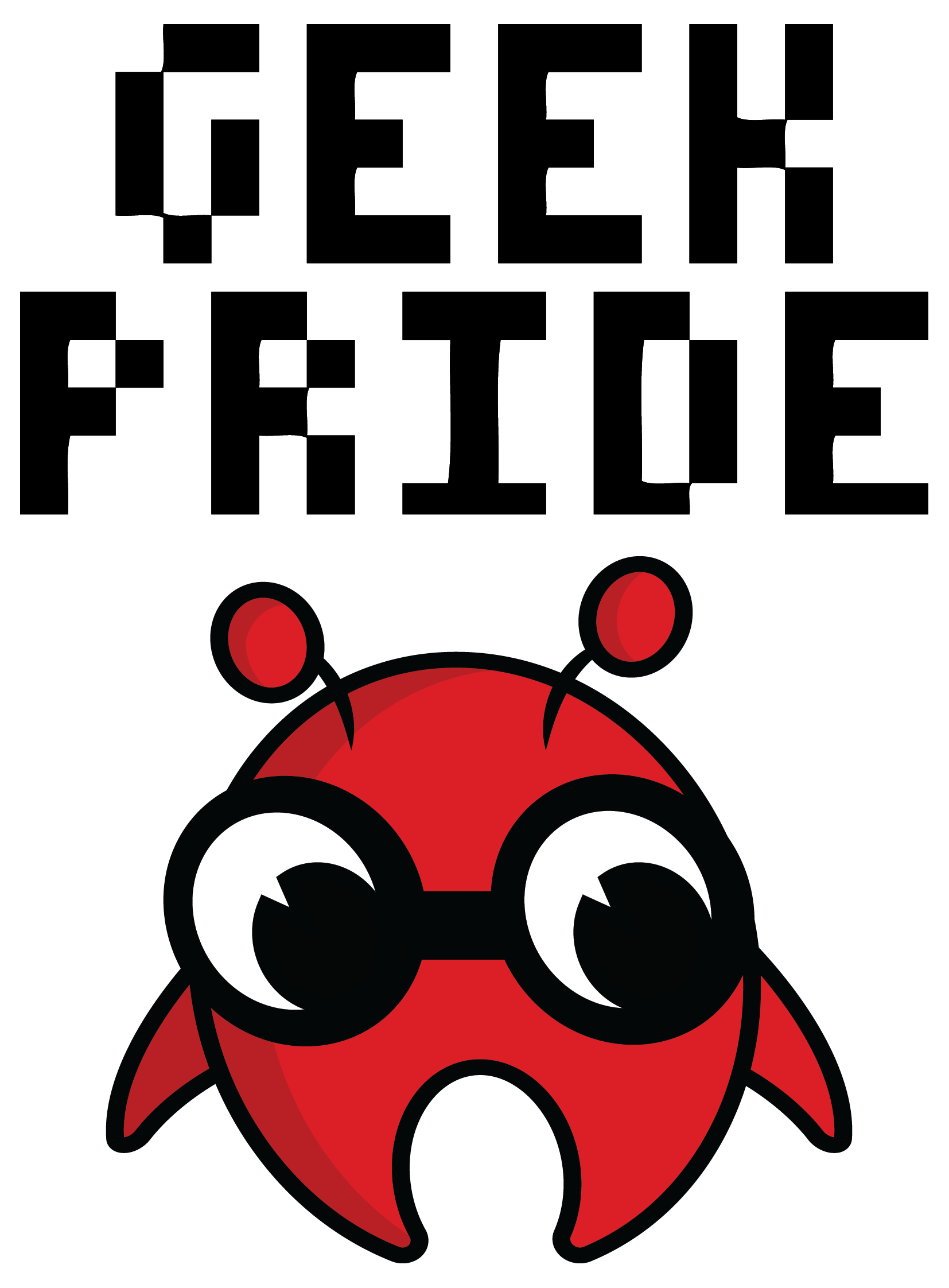With a growing campaign and support from the Education Secretary Michael Gove, there is what some people call a controversial move to bring computer coding back to the classroom; But is this a bad idea?
Back in the 80’s coding used to be part of the course in the classroom, with pupils gathered round the brand new BBC Microcomputers (produced by Acorn Computers Limited) Now as a child of the 80’s, I can remember the coarse, off-white plastic box with those gleaming black keys and that red banner of ‘F’ keys sat proudly on top (back when you only needed 9 ‘F’ keys). The BBC Micro only had 16k or 32k RAM, that gave storage options of either tape, 5.25” and 3.5” floppies, and even a hard drive.
The BBC Microcomputer (1981)
This was the height of sophistication in the classroom, never seen before, an initiative to bring the burgeoning future of computers to the next generation; to the workers of tomorrow who would be using technology in almost everything we do. You know what? They weren’t wrong. From the simple vending machine, computers with email and the internet, to car manufactures who build cars without a single human hand tightening a bolt or screw; Computers are our life and the odds are high that you’ll even be reading this on your smart phone or tablet.
These BBC computers did not have the luxury of Microsoft, Macintosh OS or Linux and are so basic you were taught how to use simple code to program the computer to perform simple tasks; the height of this was to build a little robot that drew any pattern that you could program on a sheet of paper.
These lessons disappeared with the introduction of the Apple Mac and Microsoft computers. However, with the rise in applications to universities for computer science courses and the growth in computer forensic and security firms is there a call for programming to be added to the curriculum?
We teach our children how the universe was created; evolution and reproduction; we teach them how nations were created and molded through morality (or lack thereof) and faith; We want our children to know the when, the where and the how but yet our children are becoming more accustomed to the latest technology. There are game consoles in most homes with smart phones and tablets becoming a norm in every playground, but no lessons dedicated to how this wonderful technology actually works; children are taught how to use a program rather than how to create a program.
Of course this would come at some cost to supply the educational needs to accomplish this, especially given that most teachers do not have the necessary knowledge to teach programing. However, all is not lost, the Raspberry Pi is a mini-computer designed to encourage people and children to take up programing. With the price tag for the Model A at £22, it is affordable on most budgets and operates a freely available operating system and a ‘start up’ educational coding tool that allows you to learn through creating games among other things.
I for one would encourage the government to continue with this initiative, but would challenge the industry to allow teachers and the curriculum to keep up with the fast paced world of growing technology and the next generation of coders. But with the emergence of companies like Raspberry Pi signs are encouraging.
theoriginalSKB
22/03/2012 </>




